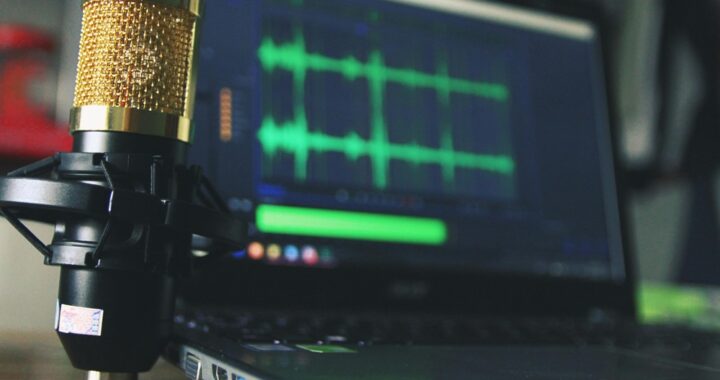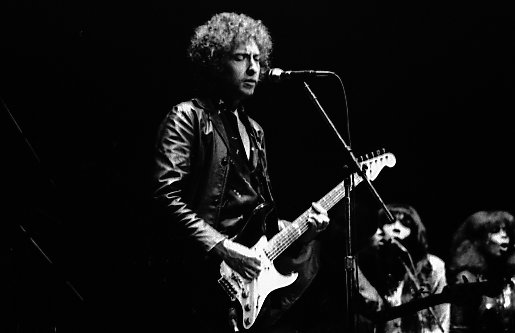Feature: Essential tech used in the music industry
3 min read
In the fast-paced world of music production, technology plays a key role in shaping the sounds that resonate with listeners. We’re seeing the rise of innovative tech all the time, with AI being the latest to make waves in the music world. Add to that the move away from trends we’re used to, and it’s clear that music makers have to keep up to stay relevant.
But there are also classic technologies that are key to a modern music setup. From capturing raw audio to crafting intricate effects, various pieces of tech make it possible for artists and producers to bring their musical visions to life.
Let’s take a look at some of the key technologies that are crucial in the everyday running of the music industry.
Microphones
One of the cornerstones of audio recording is the microphone. These ingenious devices act as transducers, converting the energy of soundwaves into electrical signals that can be captured, manipulated, and reproduced.
Microphones use transduction principles to achieve this feat. Therefore, current transducers feature in these important pieces of kit, and different models will use different current transducers. Dynamic, condenser and ribbon microphones are just a few examples of microphone types, each using different mechanisms to capture sound accurately and with distinct tonal characteristics.
Pickups
Pickups are very important, particularly in the electric guitar and bass guitar world. Pickups transform the vibrations of strings into electrical signals, setting the foundation for electric music.
Two common types are magnetic pickups, such as single-coil and humbucker pickups, and piezoelectric pickups. Both technologies convert mechanical vibrations into electric signals, enabling musicians to channel their creativity through amplification and processing.
Amplifiers
Amplifiers act as the bridge between delicate electrical signals and powerful sound waves. Vital for live performances and studio recordings alike, amplifiers take weak input signals and boost them to levels suitable for driving speakers.
By amplifying the amplitude of the electrical current or voltage, these devices bring depth and richness to the sound, ensuring that every note resonates with clarity and impact.
Analog synthesizers
Analog synthesizers can create unique and evolving sounds. Voltage-controlled components, including oscillators (VCOs), filters (VCFs), and amplifiers (VCAs), form the core of these instruments.
By manipulating voltage (and thereby current), musicians and sound designers can create a wide array of tones, textures, and sonic landscapes, pushing the boundaries of musical expression.
Studio equipment
Then there’s the equipment in the studio. Recording studios are equipped with an array of electronic devices designed to process and manipulate audio signals with precision.
Audio interfaces, mixers, equalizers, and compressors are just a few examples of equipment you’ll find in a studio that rely on current and voltage to enhance sound quality and achieve the desired sonic outcome. These tools help producers fine-tune recordings and bring out the nuances of every track.
Effects pedals
Guitar and audio effects pedals give the artist the chance to play around with sound. These devices use electrical components to modify audio signals, creating a vast spectrum of effects that can distort and delay as well as create otherworldly modulation effects like chorus and phaser.
While there are innovations in the music world, these are the core pieces of equipment.
::: RenownedForSound.com’s Editor and Founder –
Interviewing and reviewing the best in new music and globally recognized artists is his passion.
Over the years he has been lucky enough to review thousands of music releases and concerts and interview artists ranging from top selling superstars like 27-time Grammy Award winner Alison Krauss, Boyz II Men, Roxette, Cyndi Lauper, Lisa Loeb and iconic Eagles front man/songwriter, Glenn Frey through to more recent successes including Newton Faulkner, Janelle Monae and Caro Emerald.
Brendon manages and coordinates the amazing team of writers on RenownedForSound.com who are based in the UK, the U.S and Australia.



